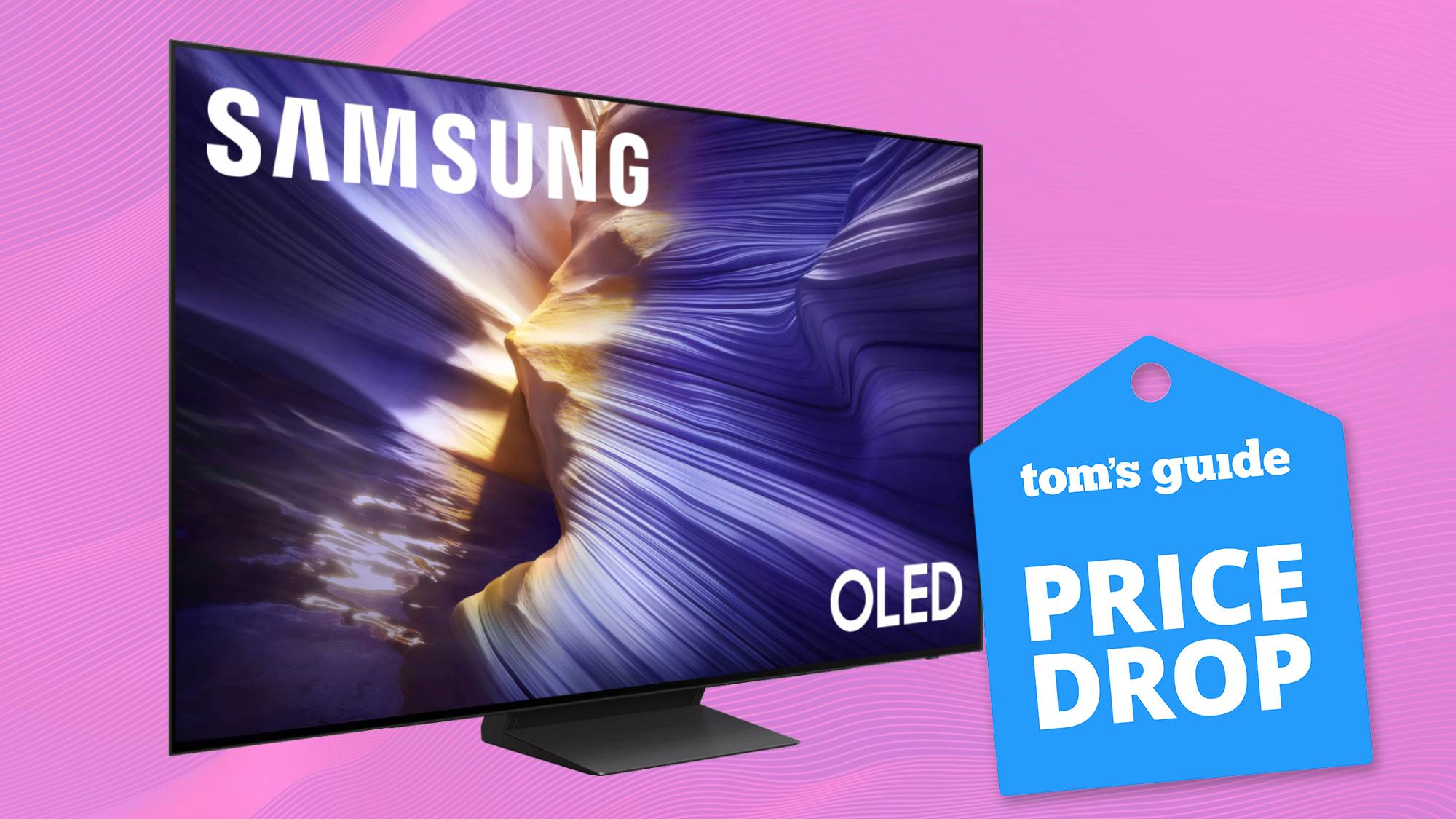The best Android antivirus apps in 2026
These apps will protect your devices, your data and your privacy
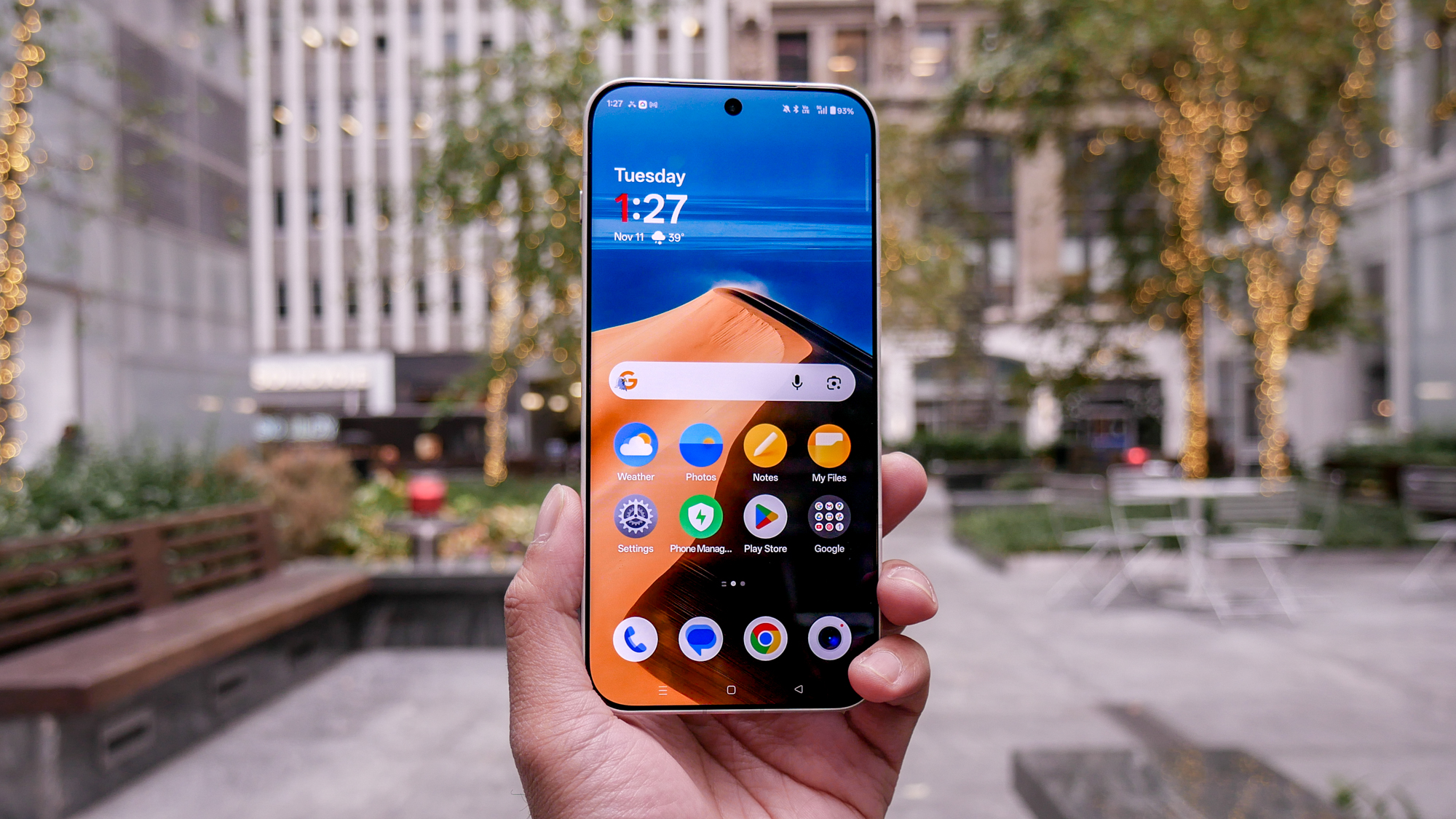
Here at Tom’s Guide our expert editors are committed to bringing you the best news, reviews and guides to help you stay informed and ahead of the curve!
You are now subscribed
Your newsletter sign-up was successful
Want to add more newsletters?

Daily (Mon-Sun)
Tom's Guide Daily
Sign up to get the latest updates on all of your favorite content! From cutting-edge tech news and the hottest streaming buzz to unbeatable deals on the best products and in-depth reviews, we’ve got you covered.

Weekly on Thursday
Tom's AI Guide
Be AI savvy with your weekly newsletter summing up all the biggest AI news you need to know. Plus, analysis from our AI editor and tips on how to use the latest AI tools!

Weekly on Friday
Tom's iGuide
Unlock the vast world of Apple news straight to your inbox. With coverage on everything from exciting product launches to essential software updates, this is your go-to source for the latest updates on all the best Apple content.

Weekly on Monday
Tom's Streaming Guide
Our weekly newsletter is expertly crafted to immerse you in the world of streaming. Stay updated on the latest releases and our top recommendations across your favorite streaming platforms.
Join the club
Get full access to premium articles, exclusive features and a growing list of member rewards.
Google Play Protect comes pre-installed on all of the best Android phones to provide a basic layer of protection against malware, check the safety of apps and warn you about potentially dangerous websites.
But if you want to boost your protection, stop phishing attacks, alert you to potential fraud, and protect your identity, then you'll want to download one of the best Android antivirus apps.
As you'll need to buy most of these, we haven't just recommended some of the most popular options. Instead, we’ve spent weeks installing and uninstalling them, testing their features, swiping through their menus, checking their support options and researching their impact on productivity to see which offer the best overall protection, value, interface and more for your Android smartphone.
Overall, we think the best way to protect your Android phone is Bitdefender Mobile Security because of its excellent malware protection, variety of features and price. However, we also have excellent picks for best value apps, best apps for features and more so you can find one that will work best for your needs and still keep your phone free of malware.
Reader offer: Norton 360 Deluxe up to 58% off
Norton 360 Deluxe includes a powerful App Advisor that checks apps before you download them, real-time protection against mobile malware and a secure VPN to encrypt your phone’s traffic on public Wi-Fi. This comprehensive protection isn’t just for your Android phone — you can use it to secure up to five devices simultaneously.
The best Android antivirus app you can get today
Why you can trust Tom's Guide
Best Android antivirus app overall
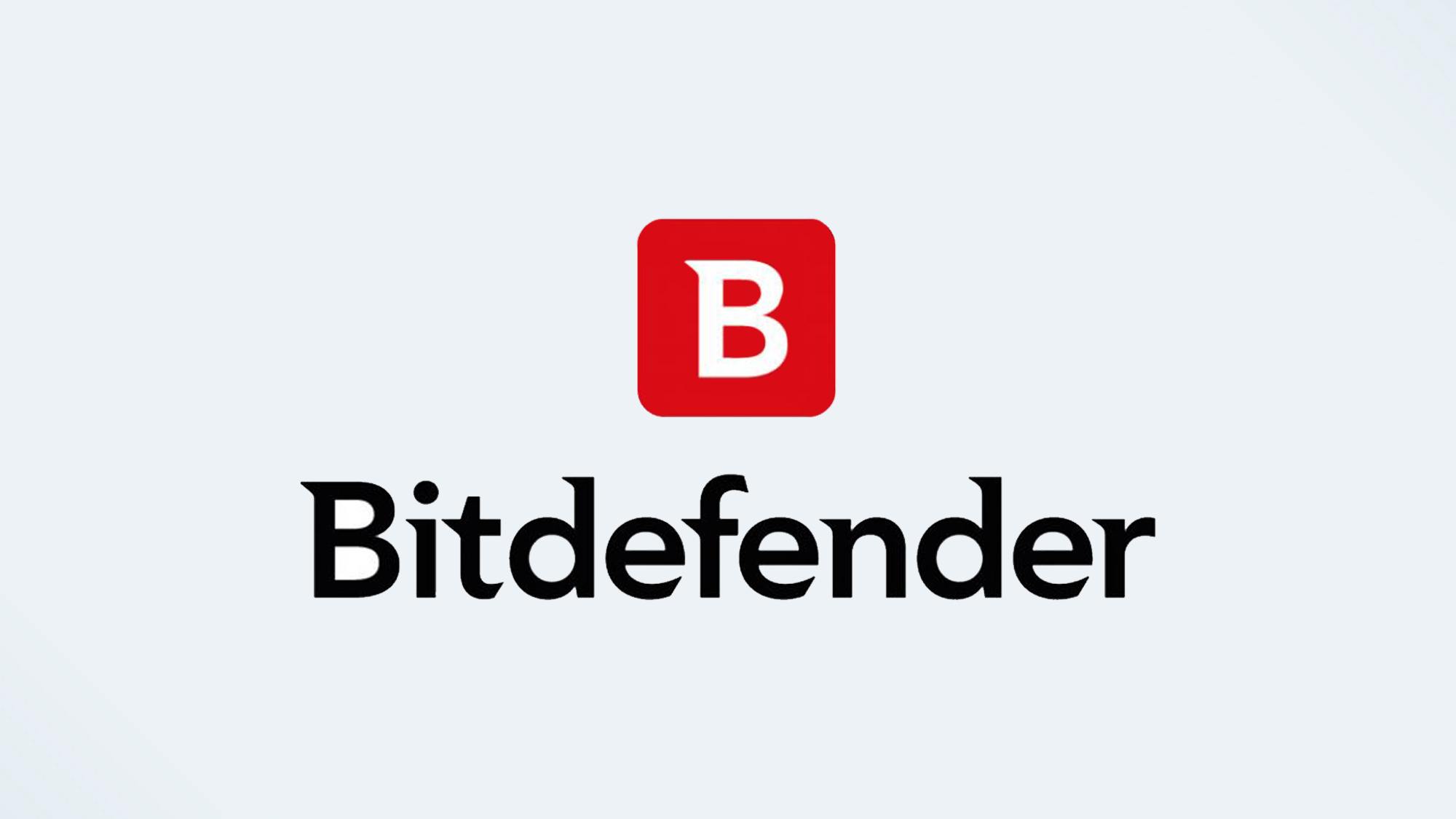

Specifications
Reasons to buy
Reasons to avoid
Bitdefender continues to dominate security software with its powerful Mobile Security app for Android. The software not only yields excellent malware protection but is one of the least expensive defensive apps around.
While its scanning placed a heavy load on the system’s resources, Mobile Security found just about every threat thrown at it and has no shortage of extra defenses, like the App Lock that can turn off apps that might pose a security risk and the App Anomaly detector that uses machine learning techniques to thwart unexpected and potentially dangerous actions. In addition to blocking objectionable online destinations, its Web site protection focuses on phishing attempts.
There’s not only anti-theft protection that includes GPS tracking and an annoying alarm but Mobile Security’s Account Privacy checks for compromised email accounts. While Mobile Security’s VPN blocks malicious websites and ads, its use is limited to 200MB a day; to get unlimited VPN use, you need to upgrade to the Premium Security package.
It's a shame for your money you don't get access to an unlimited VPN, but Bitdefender Mobile Security is one of the least expensive ways to protect a phone or tablet. It’s the best mix of protection, price and performance for keeping your phone yours.
- Read our full Bitdefender Mobile Security review
Best free Android antivirus app
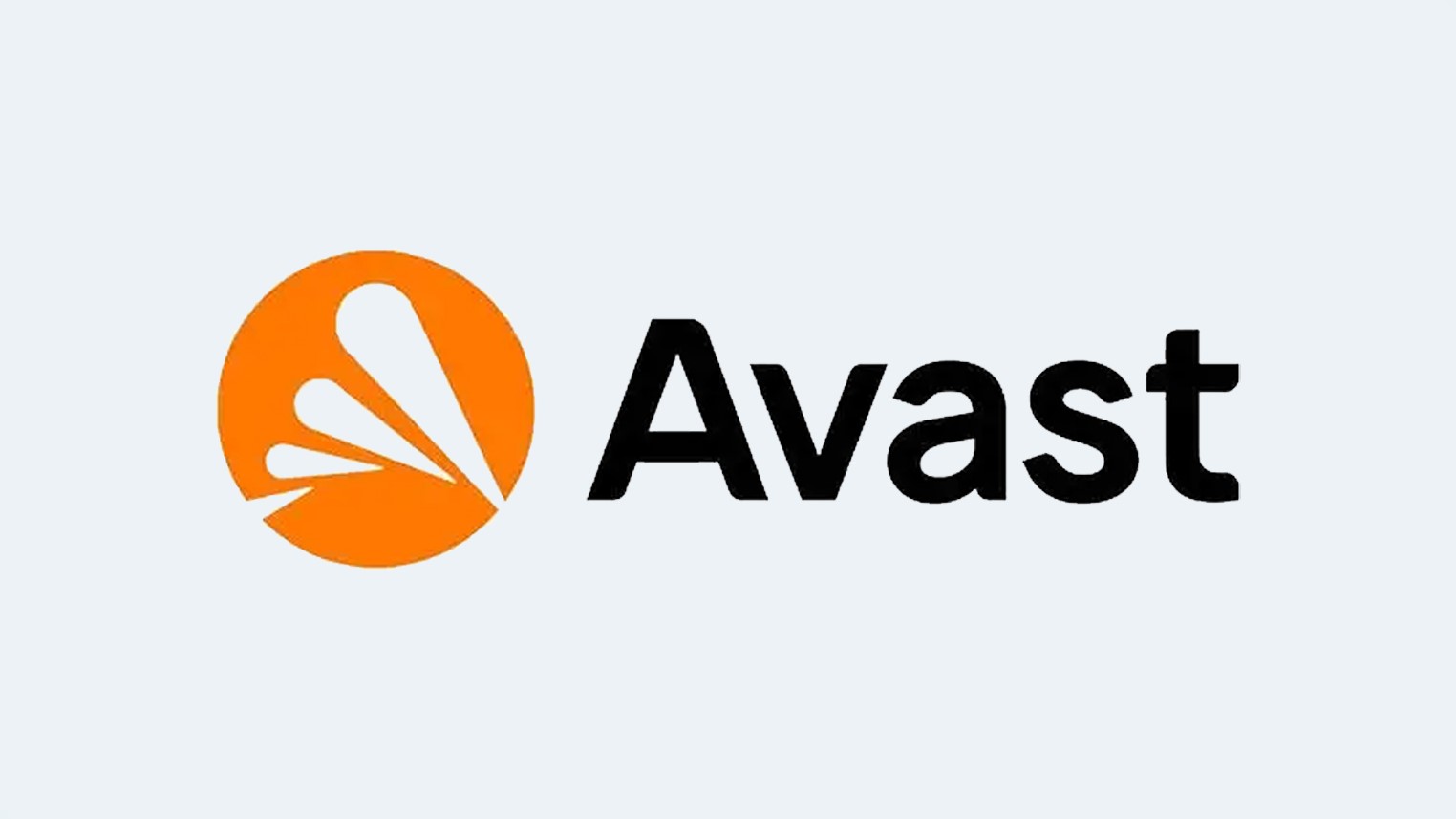

Specifications
Reasons to buy
Reasons to avoid
Avast Mobile Security starts with a surprisingly fleshed out free version to protect phones from the most prominent threats while securely storing up to 10 of your favorite photos in the cloud-based Photo Vault. Unfortunately, you’ll need to put up with a flood of ads, popups and banners.
That said, the $20 Premium Mobile Security is an inexpensive way of getting rid of the ads that includes unlimited photo storage and lots of security-conscious extras. In addition to scan scheduling, Avast’s Web Shield helps avoid nasty Web sites and the Secure Browser lets you hide your identity online.
Avast Mobile Security’s Messages section does a good job of putting all outstanding security issues in your face. Should an app go rogue, Mobile Security’s App Lock can shut it down, cutting off its online oxygen.
Need more? Ultimate Mobile Security costs $40 and ups this protection with unlimited use of Avast’s SecureLine VPN for secure online work and play.
Overall, Avast Mobile Security’s protection is good with the ability to stop popular and fresh exploits but at the cost of several false positive readings. Unfortunately, all these defenses add up to Mobile Security absconding with lots of system resources.
- Read our full Avast Mobile Security review
Best Android antivirus app for features


Specifications
Reasons to buy
Reasons to avoid
Norton Mobile Security attempts to provide nothing short of the most thorough protection you can get to defend a phone or tablet. It generally succeeds with perfect malware effectiveness scores on AV-Test’s battery of viral assessments but that’s only half the story because there are no results from our other independent malware appraisal lab.
In addition to thorough scanning, Norton Mobile Security’s App Advisor takes a proactive approach by warning of dangerous software before it can be installed on a phone. The app’s Privacy Monitor works with data brokers to keep your personal information (including banking details) off the dark Web while Norton’s Genie AI can warn about artificial intelligence scams.
The app’s VPN access is part and parcel of Norton Mobile Security — not a separate app — making it easier to use. It's the rare Android security app that can safeguard the best Chromebooks along with Android phones and tablets. This makes it a great way to protect computers at home, at work and at school.
- Read our full Norton Mobile Security review
Best Android antivirus app interface


Specifications
Reasons to buy
Reasons to avoid
A full-service suite for phones and tablets, McAfee Mobile Security is for more than just getting rid of infections. It’s like having a mini security suite for Android devices. Based on one of the best security interfaces around, everything is visual, simple and straightforward.
The app offers good protection from a variety of threats with AI-based cloud scanning that can be scheduled, while its Safe Browsing feature can alert you to dangerous web destinations and block the installation of unwanted apps. McAfee Mobile Security goes a couple steps further with protection against unsafe email attachments, online identity monitoring and scams.
With unlimited VPN access and an integrated interface, Mobile Security is a bargain at half the cost of comparable protection. It might not be perfect, but McAfee Mobile Security does a lot for a little.
- Read our full McAfee Mobile Security review
The best Android antivirus app for fast scans
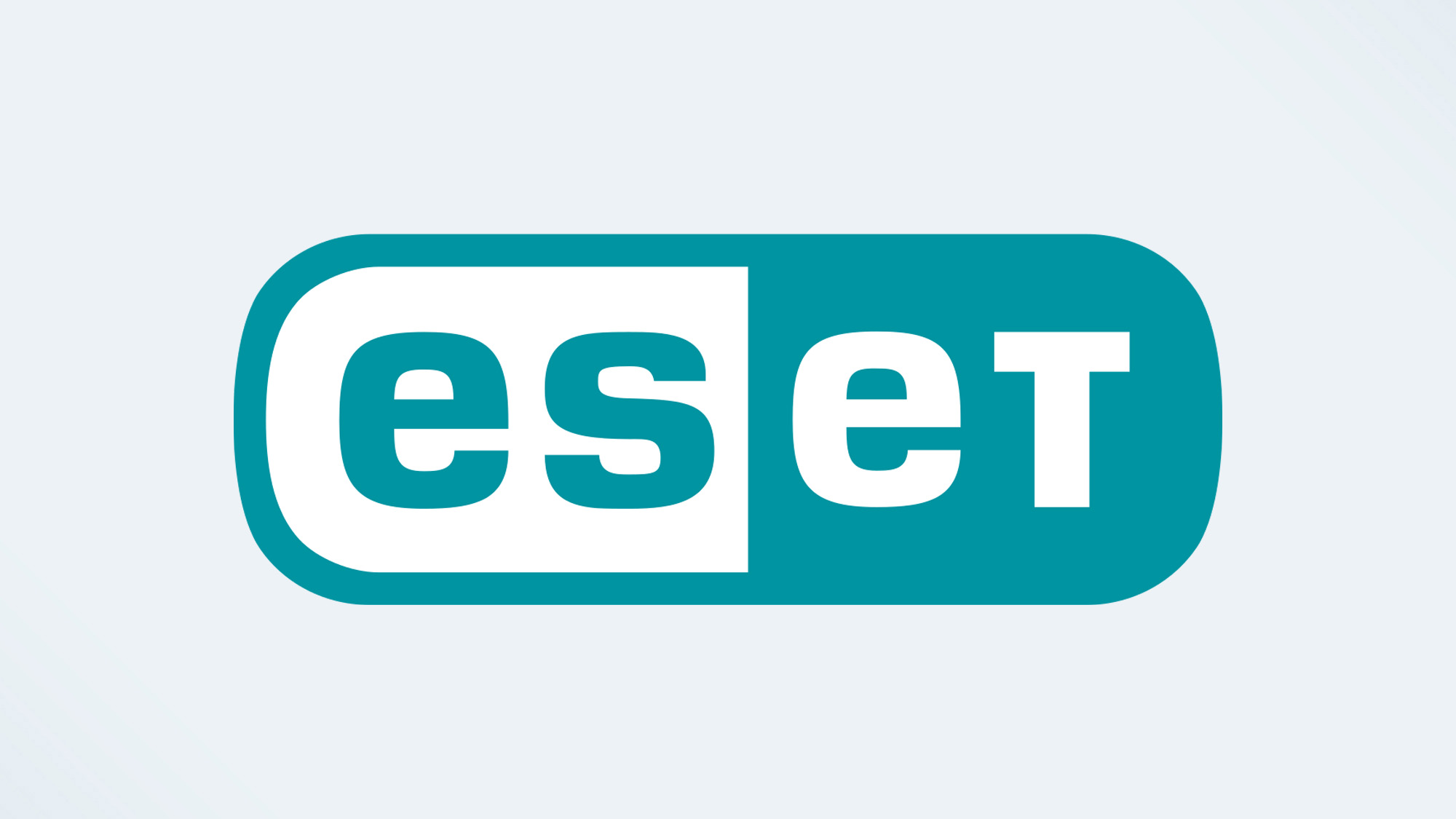

Specifications
Reasons to buy
Reasons to avoid
Sure, there’s a free version of ESET Mobile Security, but the sweet spot for this phone and tablet security app is the Premium version. It gets rid of the annoying ads and increases the app’s protection profile with quick scans.
Its emphasis is on stopping phishing attempts dead in their tracks while the real-time system behavioral analysis looks for changes that might be due to malware. Any app can be locked and Mobile Security’s secure Payment Protection browser can help keep your identity and credit card info safe, but its unlimited VPN is only available with one of ESET’s security suites.
The app can show the GPS position of a lost or stolen phone, surreptitiously snap a photo of the person using it and lock it remotely. That said, Mobile Security’s Scanning engine goes beyond the expected to look at system software, apps and data for threats. It can even spot Windows and Mac viruses.
In addition to monitoring websites for potential malware exposure, ESET has a built-in security barrier for rogue code on social media apps, like Facebook and Instagram. Overall, its protection was excellent but its lightning fast scans can slow a phone down.
- Read our full ESET Mobile Security review
The best Android antivirus app for banking


Specifications
Reasons to buy
Reasons to avoid
The proof of a security app’s usefulness is in its ability to thwart creative and novel threats and Trend Micro Mobile Security punching above its weight class. At $30, it lacks a VPN and several other security enhancing amenities but includes the company’s Secure Guard hardened browser to help make online commerce safer.
The app can not only block ads but its Web Guard warns of dangerous sites. Too bad it can’t schedule scanning and getting the VPN requires subscribing to one of Trend Micro’s security suites. It is capable of removing unused apps on your phone or tablet and Mobile Security is the rare Android app that focuses on the privacy settings for major social media accounts.
Meanwhile, Mobile Security’s Fraud Buster feature warns of potential online scams and a lost or stolen phone can be located and locked. The app includes parental controls and a Wi-Fi network scanner.
Unfortunately, all this adds up to a heavy burden placed on the system’s resources, although Mobile Security was just as good at detecting AV Comparatives’ viral samples. Older tests showed Trend Micro flagged many false positives, but problem has been tamed, and it now has fewer false alerts than its competitors.
- Read our full Trend Micro Mobile Security review
Best Android antivirus app comparison chart
| Row 0 - Cell 0 | Bitdefender Mobile Security | Avast Mobile Security | Norton Mobile Security | McAfee Mobile Security | ESET Mobile Security | Trend Micro Mobile Security |
Minimum Android support | 6.0 | 8.0 | 10.0 | 10.0 | 9.0 | 5.0 |
Ad blocking | Yes with premium VPN subscription | No | Yes | No | No | Yes |
App lock | Yes | Yes | No | No | Yes | Yes |
Anti-theft | Yes | No | No | No | Yes | Yes |
App advisor | No | No | Yes | No | Yes | No |
URL screener | Yes | Yes | Yes | Yes | Yes | Yes |
Wi-Fi scanner | Yes | Yes | Yes | Yes | Yes | Yes |
VPN | Yes but unlimited use requires premium subscription | Yes but unlimited use requires Ultimate subscription | Yes with Deluxe, Premium or Ultimate Plus plans | Yes | Yes with Ultimate Security plan | Yes with Premium Security plan |
Wear OS support | Yes | No | No | No | Yes | No |
How we test the best Android antivirus apps
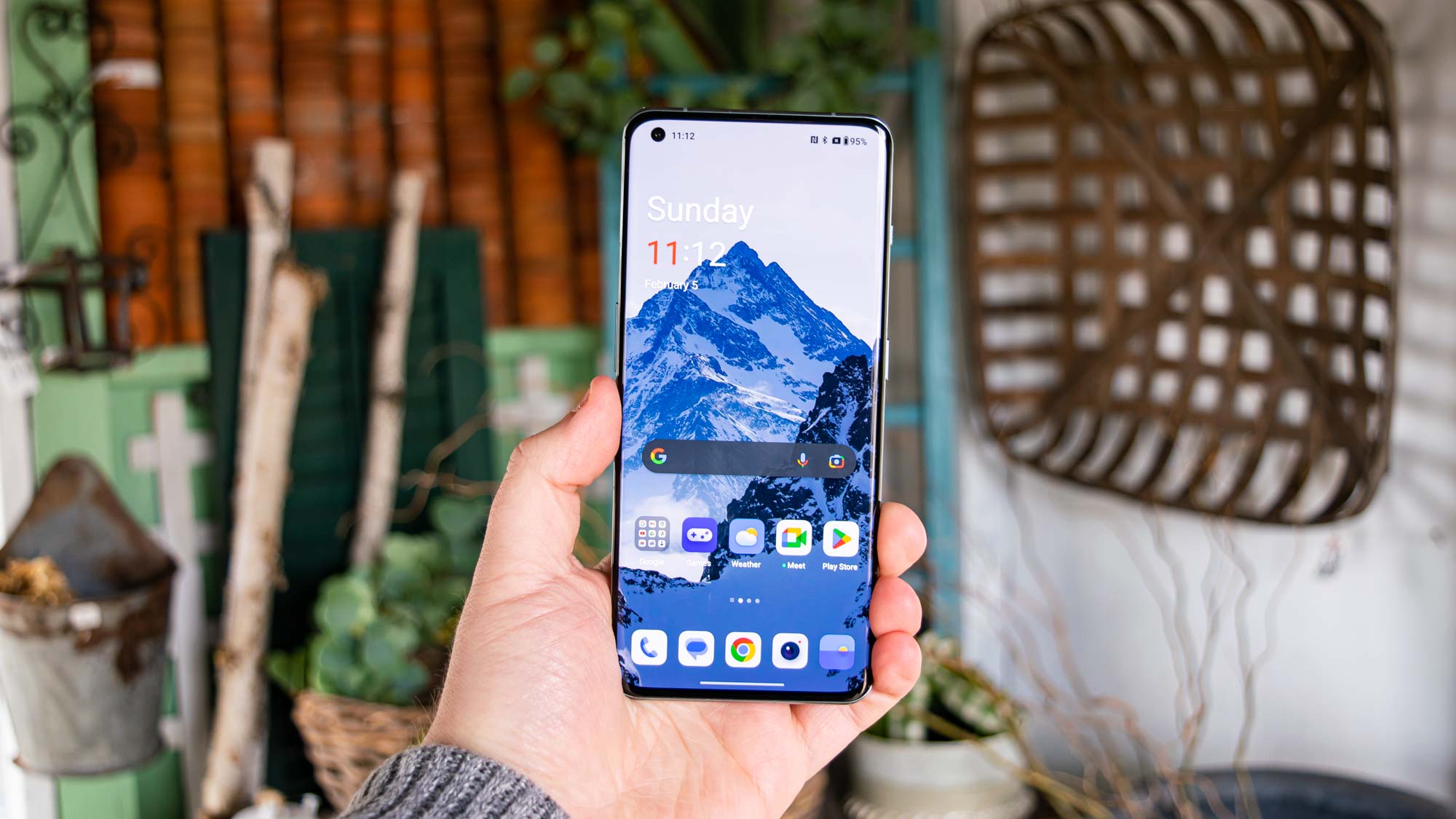
To rate these Android security apps and pick the best from the also-rans, we subjected each to a comprehensive round of testing on a OnePlus 11 test phone. It started with the installation process and extended to examining every major feature (and a slew of minor ones) until we had a good idea of how they worked.
To measure each app’s passive impact on performance, we used the Passmark PerformanceTest system benchmark before and after the app was installed. We ran it again with the phone scanning for dangers and compared the three readings.
We also used a stopwatch to time how long it took for each app to fully scan the system for threats. In these tests, smaller numeric results indicate better performance.
To gauge the security protection offered by each of these Android apps, we turned to two independent malware test labs. In addition to AV-TEST we used data from AV-Comparatives on each app’s ability to spot and destroy a variety of threats.
We paid particular attention to false positive readings of safe software that the apps thought was dangerous. Together they give a good idea about the app’s effectiveness at catching malware, new and old.
How to choose the best Android antivirus app for you
Before you install one of the best Android antivirus apps, you want to be sure it'll do everything you need. Start with its effectiveness at detecting malware, and can spot phishing attempts and malicious links.
Look for an app developer with a good reputation for frequent updates, since that will keep you protected from newer virus signatures as well as existing bugs and vulnerabilities.
You’ll also want to make sure the app isn’t a performance hog. You’re more likely to remove or disable an app if it bogs down your phone and makes it a hassle to use. So whichever app you choose should be able to do its job and protect your device without keeping you from using your phone the way you like.
If you don’t already have an antivirus program for your computer that provides additional protection like a password manager or a VPN, you might want to have these bonuses added to your Android antivirus app. If you’ve been a victim to a data breach, maybe you know you want additional identity monitoring.
Before you dive in, look at the interface to see if the app seems neatly laid out and organized, and easy to use. Find out when the customer support hours are, and how customer support is available (email, chat or phone), and then check cost. What is included in the annual fee, and what is available for an additional price.
That sounds like a lot of research which is why reading reviews can be so valuable, as well as looking at results from testing companies like AV-Test to see scores on malware prevention, false positives and performance draws.
FAQs
Why should you use an Android antivirus app?
In order to keep your Android smartphone or tablet safe, you should keep its software updated to the latest version. This is because each new version of Android is more secure than its predecessor, and each monthly Android security update fixes newly found flaws.
However, unless you have a Google Pixel phone, you won’t get these updates and upgrades right away. Most device makers need extra time to make sure that changes to Android won’t break their devices or software.
The time between updates can be a couple of weeks though it can also take months. To make matters worse, some Android phones stop getting Android OS upgrades after two years and a few never receive monthly security patches at all.
This is where the best Android antivirus apps come in. They stop attacks that try to get around Android’s built-in defenses, especially those that Google has patched but your device doesn’t have yet (or never will). They also stop new attacks that Google Play Protect won’t catch, even on Pixel devices.
Does Android have built-in antivirus?
Yes, Google Play Protect is Android’s built-in antivirus program. It’s integrated into the operating system, checking every app that is installed on a device before it is downloaded and continually scans a phone for any potentially harmful applications. If Play Protect finds a potentially dangerous application, it can deactivate or remove it, and will then send you a notification. It offers other protective services as well, for example, it can warn you if you’re about to visit a known phishing or malware hosting site in Chrome.
Do Android phones really need antivirus?
That really depends on how you’ll be using your device. If you always keep your operating system up to date and only download apps from the Google Play Store, then you’re largely protected. However, if you’re using an older phone that has stopped receiving security updates, if you sideload apps from third party app stores or if you want extra features like a VPN or a password manager, then it’s worth looking into.
Can free Android antivirus apps be trusted?
If you stick to products from reputable companies, then yes. That means checking reviews, independent lab results (live AV-Labs or AV-Comparatives), and researching the manufacturer before downloading.
What does an Android antivirus app do?
In addition to scanning for malware and viruses, third-party antivirus apps can also look for spyware or stalkerware, blocks malicious behavior that apps can attempt, scan for phishing attempts, check the destination of QR codes, block you from entering clone sites, scan for data breach alerts, let you know if a public Wi-Fi connection is being intercepted and more.
Get instant access to breaking news, the hottest reviews, great deals and helpful tips.

Amber Bouman is the senior security editor at Tom's Guide where she writes about antivirus software, home security, identity theft and more. She has long had an interest in personal security, both online and off, and also has an appreciation for martial arts and edged weapons. With over two decades of experience working in tech journalism, Amber has written for a number of publications including PC World, Maximum PC, Tech Hive, and Engadget covering everything from smartphones to smart breast pumps.
- James FrewBuying Guide Editor
 Club Benefits
Club Benefits











